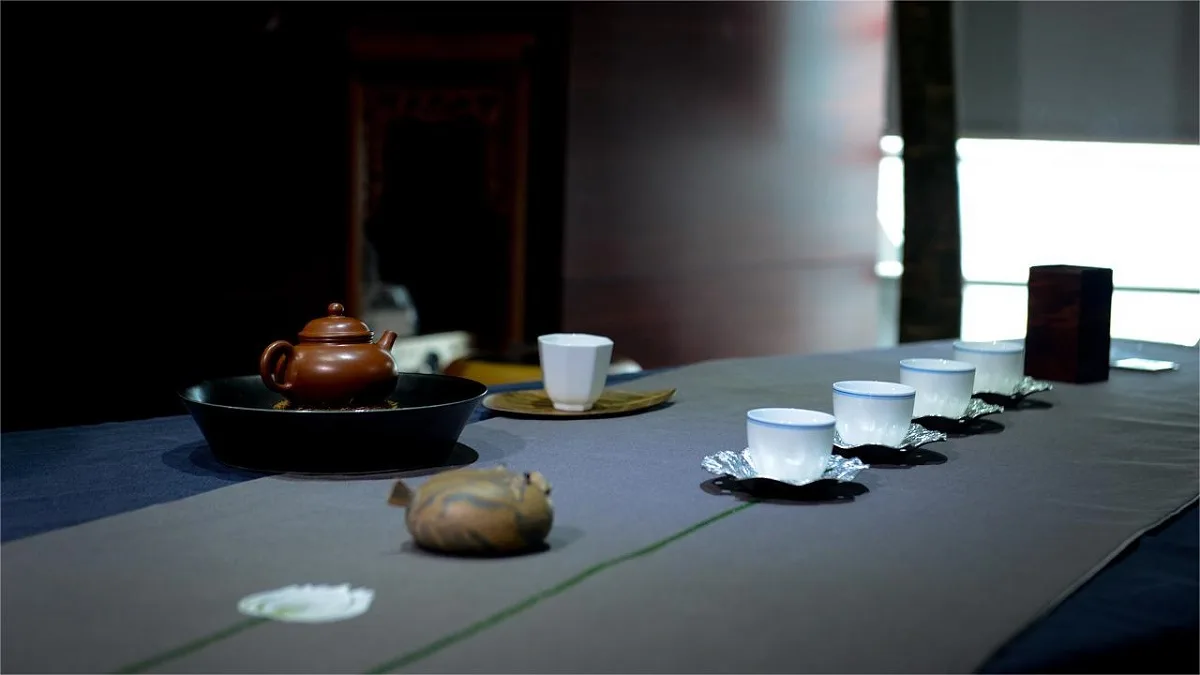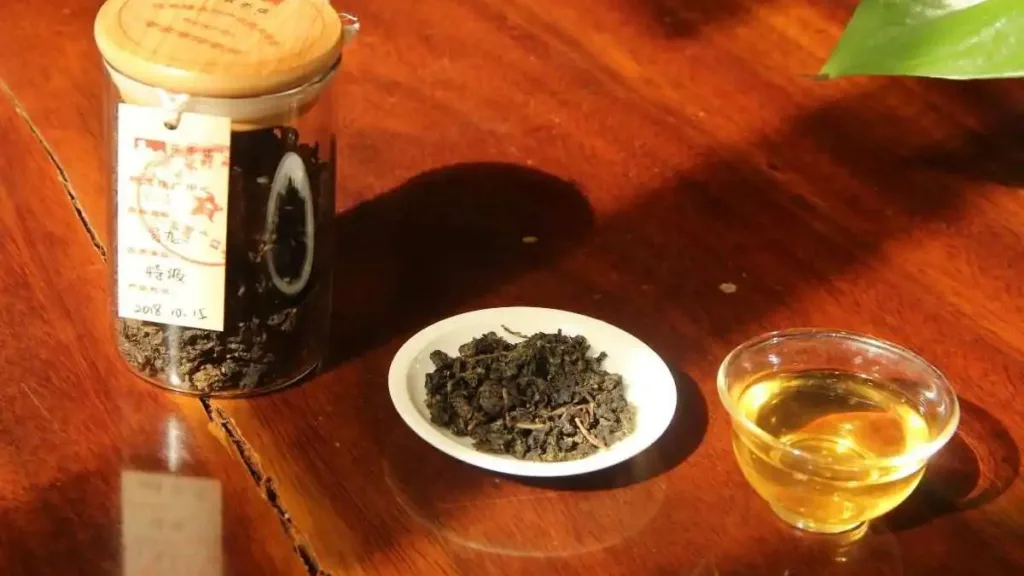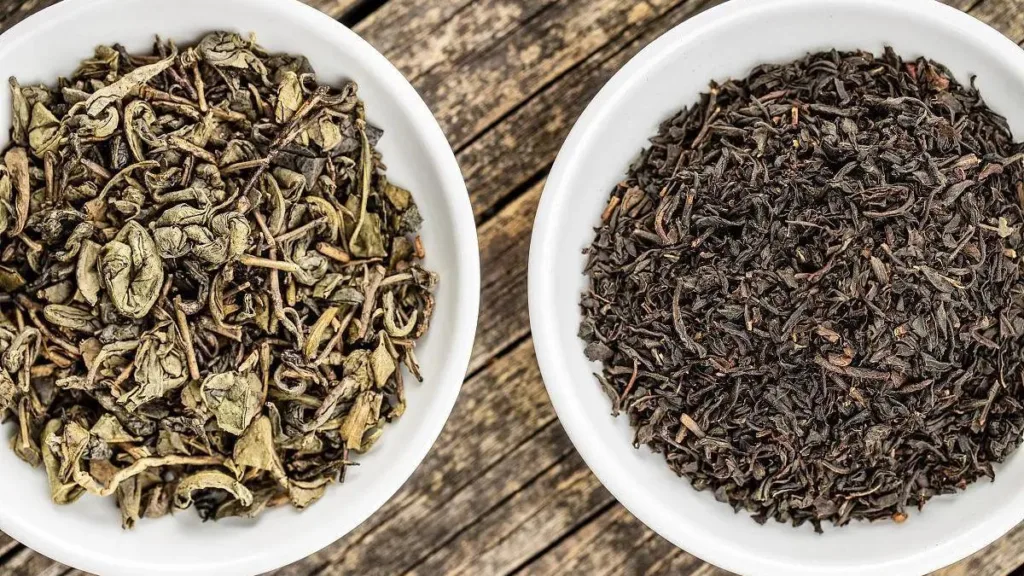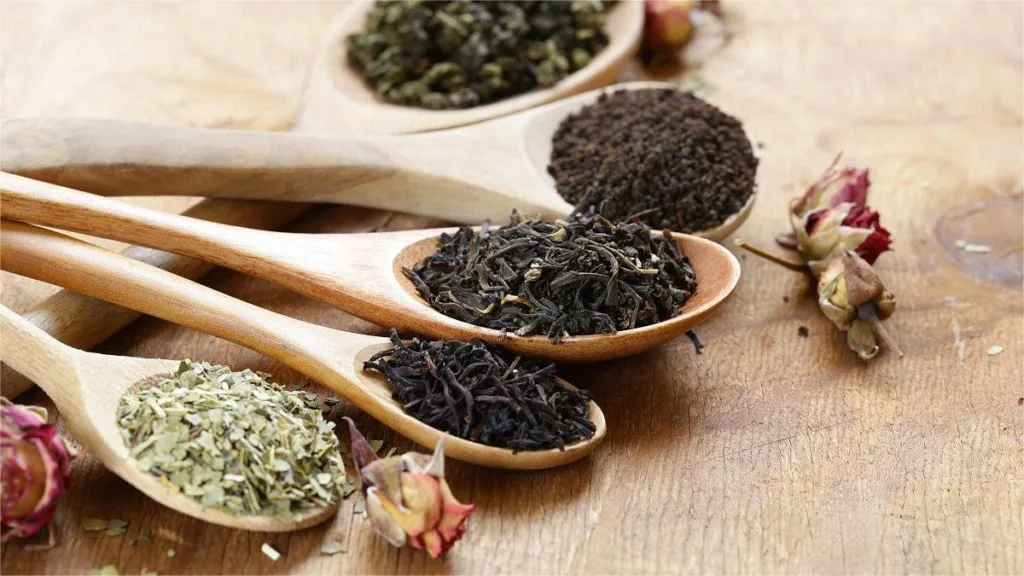Tea holds a paramount position in Chinese culture, deeply rooted in tradition and history, shaping social interactions, philosophy, and daily life. This rich cultural significance is embodied in the traditional Chinese tea ceremony, the historical development of tea, and its role in fostering social bonds and spiritual contemplation.
The Chinese tea culture dates back thousands of years, with legends tracing its origins to Emperor Shen Nong in 2737 BCE. According to one popular legend, the emperor discovered tea when tea leaves fell into his boiling water, creating a refreshing and aromatic beverage. This discovery marked the beginning of the Chinese fascination with tea, evolving over the centuries into a sophisticated and revered cultural practice.
One of the key aspects of Chinese tea culture is the traditional tea ceremony. This ritualistic practice involves the preparation, serving, and consumption of tea, emphasizing mindfulness, respect, and harmony. The tea ceremony is not merely a process of making and drinking tea; it is a symbolic expression of Chinese aesthetics, ethics, and philosophy. It embodies the principles of balance, tranquility, and the appreciation of beauty.
In Chinese culture, the tea ceremony is a means of connecting with others and fostering relationships. Sharing tea is a gesture of hospitality and friendship. When hosting guests, serving tea is a customary way to express warmth and goodwill. It creates a conducive environment for open communication and the building of social bonds. The act of pouring and receiving tea reflects mutual respect, creating a space for shared experiences and meaningful conversations.
Beyond its social significance, tea has played a pivotal role in shaping Chinese philosophy and spirituality. The Daoist and Buddhist traditions, influential in Chinese thought, incorporate tea as a tool for meditation and enlightenment. The act of brewing and sipping tea is seen as a form of meditation, promoting mindfulness and a connection to the present moment. The simple act of preparing tea becomes a ritualistic practice, encouraging contemplation and a sense of inner calm.
Moreover, tea has been associated with Confucian values, particularly the principles of propriety and harmony. The preparation and consumption of tea embody a sense of order and ritual, reinforcing the importance of social harmony and respect for tradition. In this way, tea becomes a tangible expression of Confucian virtues, connecting individuals to a broader cultural and moral framework.
The historical development of tea in China has also contributed to its cultural significance. Different types of tea, such as green, black, oolong, and pu-erh, each carry distinct flavors, aromas, and cultural connotations. For example, green tea, with its fresh and grassy notes, is often associated with purity and health. Oolong tea, known for its semi-oxidized leaves, is prized for its complex flavors and is often linked to refinement and craftsmanship.
Tea production and consumption have become integral to various regional cultures within China. The famous tea-producing regions, such as Hangzhou for Longjing tea and Fujian for Tieguanyin oolong, have developed unique tea cultures that reflect local traditions, climates, and landscapes. These regional variations contribute to the diversity of Chinese tea culture, showcasing the country’s rich tapestry of flavors and customs.
In contemporary China, while rapid modernization has brought about changes in lifestyle, the importance of tea in Chinese culture remains steadfast. Despite the prevalence of coffee shops and international beverages, tea continues to be a staple in households, workplaces, and social gatherings. The enduring popularity of tea reflects its enduring cultural significance and its ability to adapt to changing times while preserving its traditional essence.
In conclusion, tea holds a special place in Chinese culture as a tradition that goes beyond a simple beverage. It embodies a profound cultural and philosophical heritage, influencing social interactions, spirituality, and daily life. The Chinese tea ceremony, rooted in history and tradition, serves as a testament to the enduring significance of tea in fostering connections, promoting mindfulness, and expressing cultural values. As China continues to evolve, the timeless practice of tea-drinking remains a vital thread in the rich tapestry of Chinese cultural identity.



